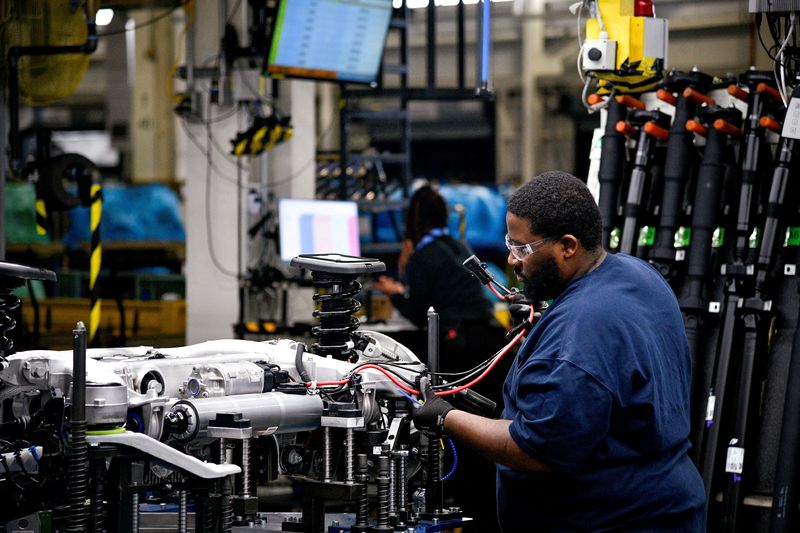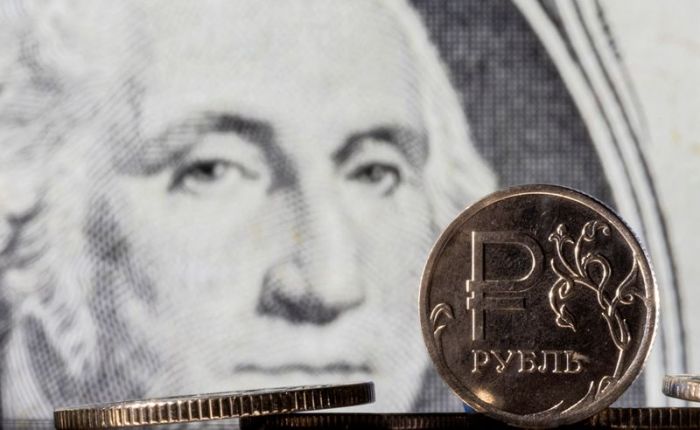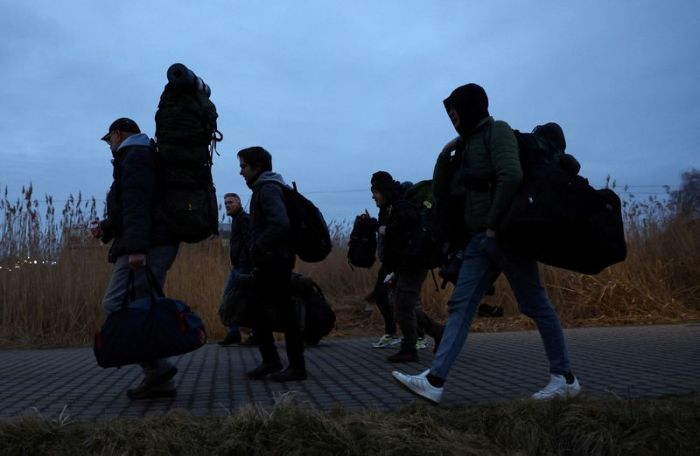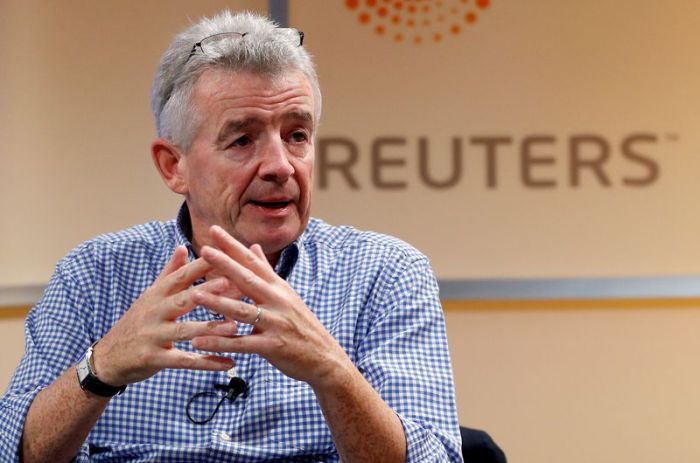(Reuters) – Carmakers including Germany’s Volkswagen, BMW and Porsche are struggling to obtain crucial wire harnesses as suppliers in western Ukraine have been shuttered by the Russian invasion, forcing them to curtail production.
Production of the part, needed for organizing miles of vehicle cables, has affected suppliers like Leoni, Fujikura and Nexans, and rippled through to major carmakers.
Delivery bottlenecks have already hit some assembly plants of World No. 2 automaker Volkwagen, while Porsche’s luxury unit has suspended production at its Leipzig plant.
Rival BMW has also been affected.
“Due to supply bottlenecks, interruptions to our production will occur,” BMW said in a statement. “We are in intensive discussions with our suppliers.”
A wire harness is a vital set of parts which neatly bundle up to 5 kilometres (3.1 miles) of cables in the average car. Unique to each car model, vehicles cannot be built without them.
Suppliers like Leoni, which has two wire harness factories in western Ukraine, are scrambling to “compensate for production losses” and “interruptions in our two plants in Stryi and Kolomyja, triggered by the Russian war of aggression against Ukraine,” Leoni said in a statement.
Leoni said it had formed a task force to evaluate developments.
To cut costs and better compete in the global car industry, suppliers including Germany’s Forschner, Kromberg & Schubert, Prettl, SEBN and Japan’s Yazaki have built up a hefty wire harness production sector in Ukraine, which also has a skilled work force.
UkraineInvest, the Ukrainian government’s investment promotion office, says 22 automotive companies have invested more than $600 million in 38 plants – many, though not all producing wire harnesses – employing over 60,000 Ukrainians.
Those plants are close to car factories in Germany and the manufacturing hubs that international carmakers have built in central Europe.
Industry sources say it could take months for suppliers to beef up capacity at alternative locations in their networks – requiring factory space, machinery and tools, workers and financing.
Prior to the invasion, auto parts maker Aptiv Plc spent months doing just that – shifting high-volume production of parts for vehicles out of its two plants in Ukraine ahead of possible hostilities, the company’s chief executive said last week.
(This story refiles to correct typographical error in name of supplier Fujikura in paragraph 2).
(Reporting by Nick Carey; Editing by Bernadette Baum)

























